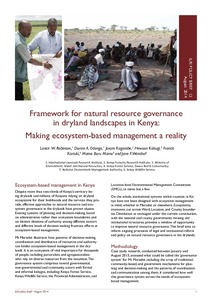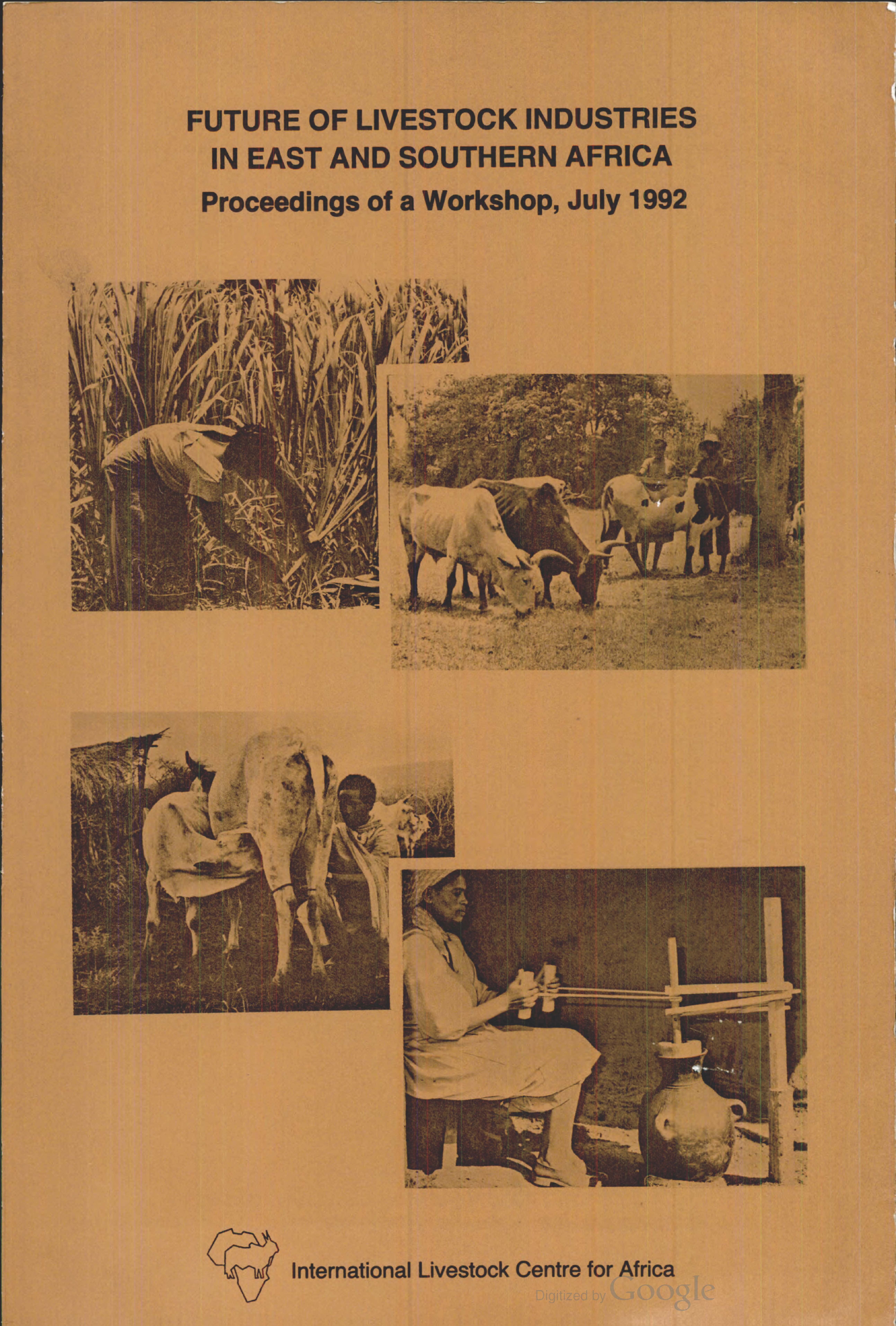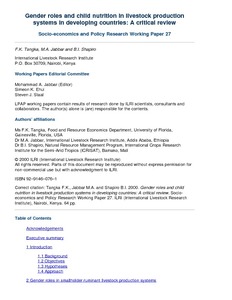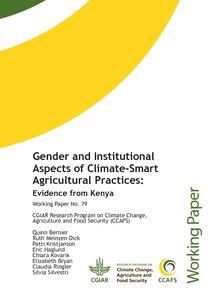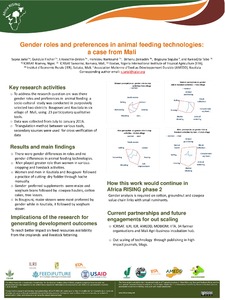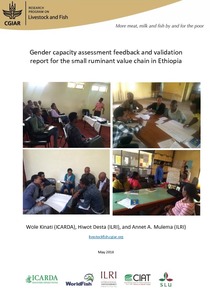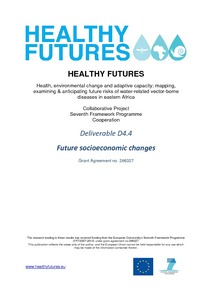rangelands
AGROVOC URI: http://aims.fao.org/aos/agrovoc/c_6448
From theory to practice: a decade of co-management of pasture and other natural resources in Mongolia
Elinor Ostrom's work has been the principal inspiration for a number of research and development initiatives in Mongolia aimed at designing, testing and assessing viable forms of natural resources co-management that build on traditional nomadic practices. One such initiative, begun in 1999, introduced co-management in four different ecosystems of the country.
Future of livestock industries in East and Southern Africa. Proceedings of a workshop
The workshop papers deal with trends in smallholder livestock enterprises, research on smallholder dairy research programmes in subhumid areas, disease control approaches and production systems.
Gender roles and child nutrition in livestock production systems in developing countries: a critical review
The study of gender issues in agricultural production has become an important subject of inquiry, even since questions were raised on whether women and men benefited equally from economic development. The focus of the debate and empirical research has primarily been on the role of women in crop production to the virtual exclusion of the role of gender (women, men and children) in livestock farming.
Gender and Institutional Aspects of Climate-Smart Agricultural Practices: Evidence from Kenya
This paper analyses gender differences in awareness and adoption of climate-smart agricultural (CSA) practices. It examines what factors are associated with the likelihood of adoption of a wide range of CSA practices for 376 women and 375 men in two different areas of Kenya. This information is aimed at improving the targeting and design of interventions that are trying to achieve greater and more equitable agricultural development in East Africa and elsewhere.
Gender roles and preferences in animal feeding technologies: A case from Mali
Gender capacity assessment feedback and validation report for the small ruminant value chain in Ethiopia
Future socioeconomic changes
Development of socio-economic scenarios and translating them into suitable storylines and provide an overview of potential data to be used for a quantification of future disease vulnerabilities

